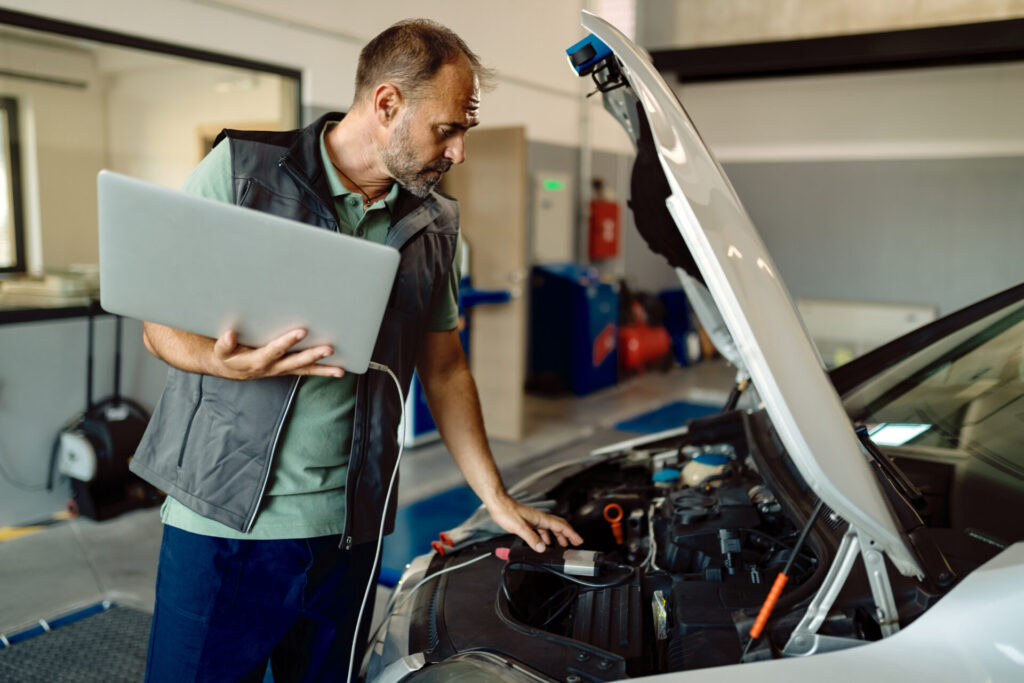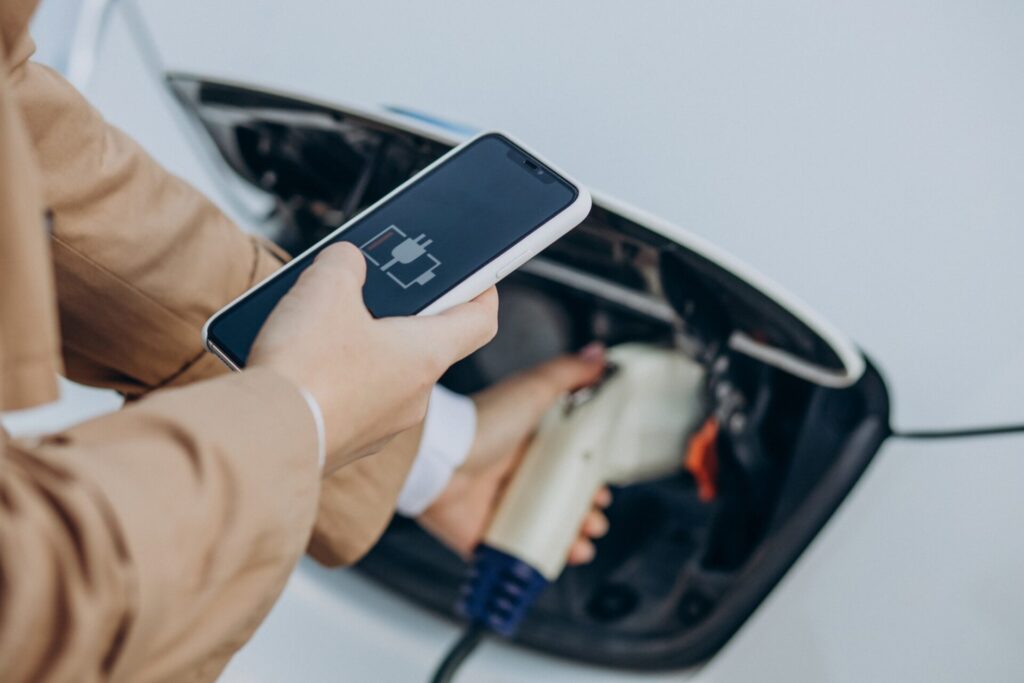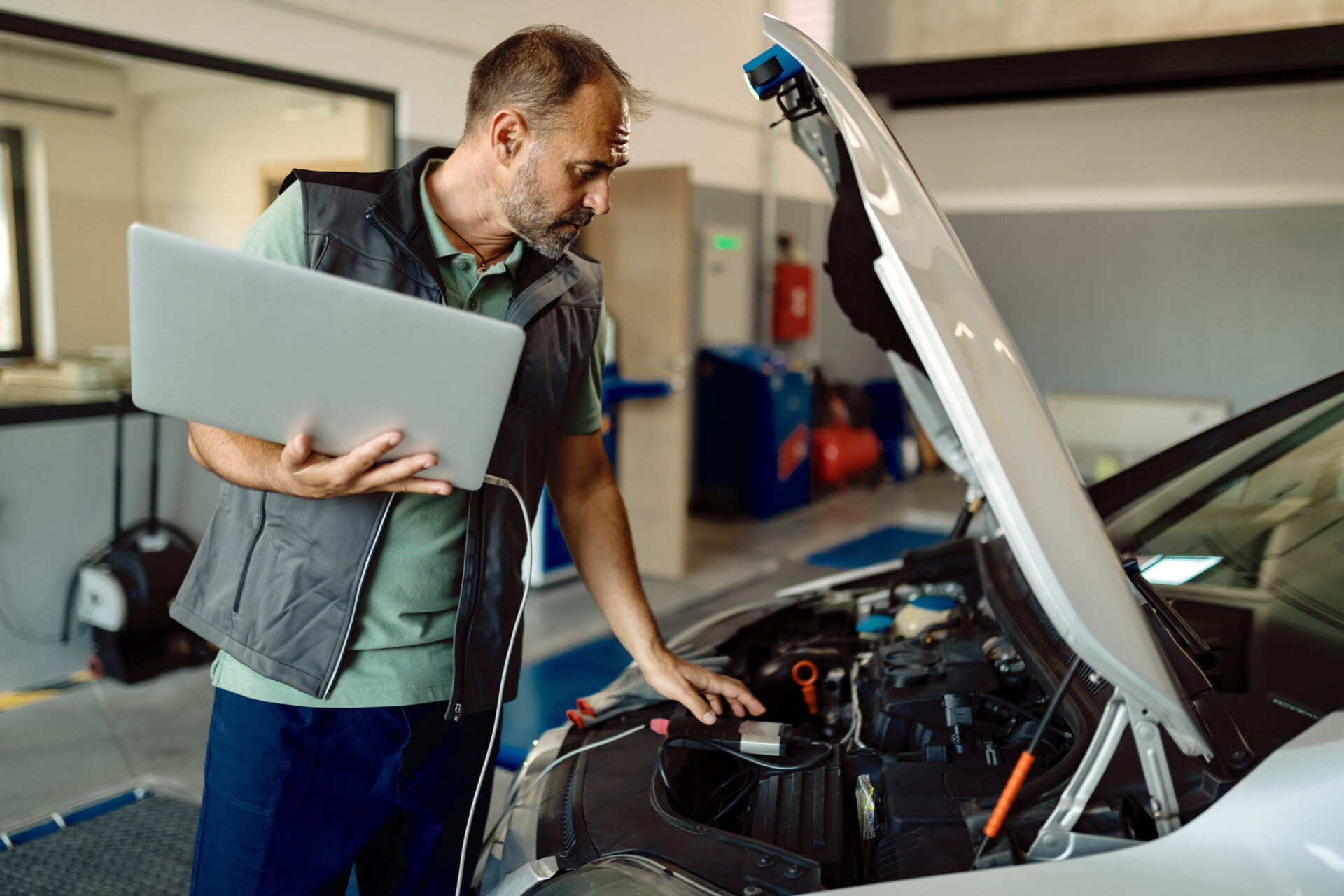
Are Electric Cars Easier to Maintain? Let’s Find Out!
Imagine never having to schedule an oil change, replace spark plugs, or worry about emissions testing ever again. Sounds like a dream, right? That’s one of the biggest advantages electric vehicles (EVs) have over traditional petrol and gas-powered cars. But how much easier is electric car maintenance compared to conventional vehicles? Are there hidden costs? What do you need to do to keep an EV in top shape?
In this guide, we’ll break down everything you need to know about maintaining an electric car, how it compares to petrol and gas vehicles, and answer some of the most commonly asked questions.
Understanding Electric Car Maintenance

Electric cars operate on an entirely different mechanism compared to traditional internal combustion engine (ICE) vehicles. Unlike petrol and gas cars, which have hundreds of moving parts in their engines, EVs use electric motors powered by batteries. This fundamental difference significantly impacts maintenance requirements.
used car maintenance – Learn how to used car maintenance
Key Components of an Electric Car
- Battery Pack – The most crucial and expensive component in an EV, storing and supplying power.
- Electric Motor – Converts electrical energy into mechanical energy to drive the car.
- Power Electronics – Manages power distribution between the battery, motor, and other systems.
- Regenerative Braking System – Helps extend brake life and improve energy efficiency.
- Thermal Management System – Ensures optimal battery and motor temperatures for performance and longevity.
- Charging System – Includes the onboard charger and external charging infrastructure.
Each of these components requires specific maintenance to ensure optimal performance and longevity.
Electric Car Maintenance vs. Petrol & Gas Cars

1. Fewer Moving Parts
- EVs have significantly fewer moving parts compared to petrol and gas cars.
- No engine oil changes, fewer fluids to replace, and less wear and tear.
- Traditional cars require regular oil changes, coolant replacements, spark plugs, and timing belt changes.
- Fewer mechanical failures in EVs result in lower maintenance costs.
2. Battery Maintenance vs. Engine Maintenance
- EVs rely on lithium-ion batteries that require minimal maintenance but may degrade over time.
- Petrol and gas cars need constant engine upkeep, including fuel system cleaning and exhaust maintenance.
- Battery replacement can be costly but is usually covered under warranty for 8-10 years.
- EV batteries must be kept within an optimal temperature range to prevent degradation.
- Overcharging or deep discharging can negatively impact battery lifespan.
3. Brake System Differences
- EVs use regenerative braking, reducing brake pad wear and increasing their lifespan.
- Petrol and gas cars rely solely on mechanical braking, leading to more frequent brake pad and rotor replacements.
- Regenerative braking also contributes to improved energy efficiency and longer range in EVs.
4. Charging vs. Fueling Maintenance
- EVs require charging station access and occasional battery health checks.
- Petrol and gas cars need fuel filter replacements, emissions checks, and fuel system maintenance.
- Home charging stations may require occasional servicing to ensure efficient charging.
- Public charging stations vary in charging speeds and can impact battery health.
5. Tire and Suspension Wear
- EVs tend to be heavier due to battery packs, leading to faster tire wear.
- Special EV tires are designed to handle the additional weight and instant torque of electric motors.
- Suspension components may wear differently compared to traditional cars due to weight distribution.
- Regular tire rotation and alignment are essential for even wear and improved efficiency.
6. Software and Firmware Updates
- Unlike petrol and gas cars, EVs frequently receive software updates that enhance performance, improve efficiency, and fix potential issues.
- Some updates can be installed remotely (over-the-air), reducing the need for service center visits.
- Regular software maintenance ensures better battery management and extended vehicle lifespan.
Common Myths About Electric Car Maintenance

1. EV Batteries Need Constant Replacement
- Reality: Most EV batteries last 8-15 years, often outlasting the vehicle itself.
- Battery degradation is slow and can be managed with proper charging habits.
2. EVs Are Completely Maintenance-Free
- Reality: While they require less maintenance, tire wear, brake fluid replacement, and battery monitoring are still necessary.
3. Charging an EV Decreases Battery Life Quickly
- Reality: Fast charging may impact longevity slightly, but modern battery management systems regulate charging cycles to extend battery life.
Comprehensive guide on electric car maintenance – Electric car maintenance
Long-Term Cost Comparison

One of the most significant benefits of owning an electric car is the reduction in long-term maintenance costs. Studies have shown that EV owners spend 40-60% less on maintenance and repairs compared to petrol and gas vehicle owners.
With fewer mechanical components, EVs eliminate the need for oil changes, engine tune-ups, and fuel system repairs. The most common expenses for EV owners are battery health monitoring, tire replacements, and occasional software updates. Even though battery replacement can be costly, most manufacturers offer long warranties (8-10 years) to cover battery degradation.
On the other hand, petrol and gas cars require regular maintenance such as oil changes, timing belt replacements, spark plug changes, and emissions system upkeep. Over time, these costs add up, making traditional vehicles more expensive to maintain in the long run.
Used Car Buying Tips -Wealthy well
Is an Electric Vehicle Right for You?

When it comes to maintenance, cost-effectiveness, and efficiency, electric cars have a clear advantage over petrol and gas-powered vehicles. With fewer mechanical parts, no oil changes, and lower long-term maintenance costs, EVs are revolutionizing the automotive industry.
However, there are still factors to consider, such as charging infrastructure, battery longevity, and the initial cost of EVs. If you drive frequently and have access to charging solutions, an electric vehicle can save you money in the long run while also being environmentally friendly.
Ready to make the switch to an electric vehicle? Research different EV models, explore government incentives, and find a charging solution that suits your needs today!

